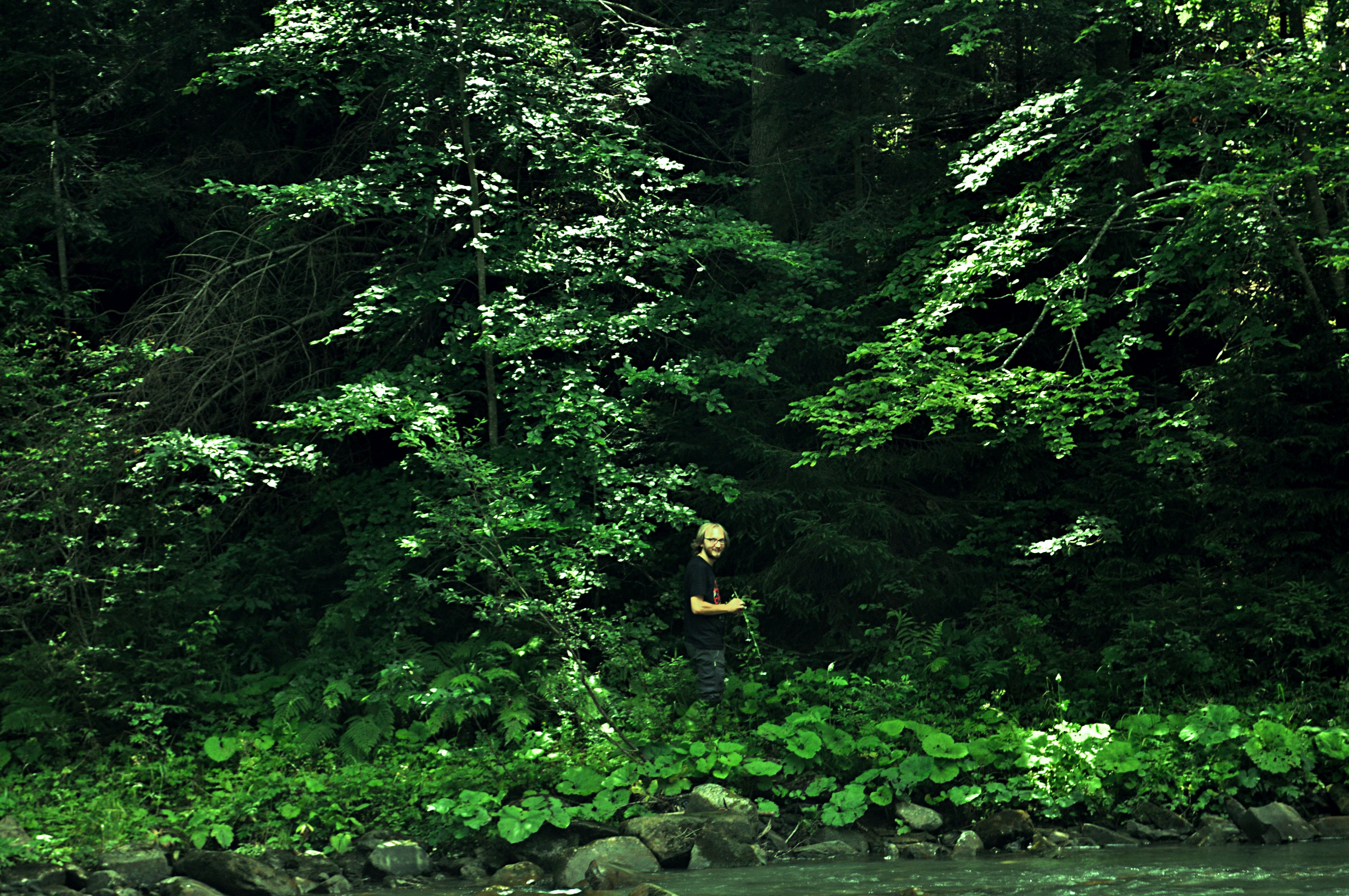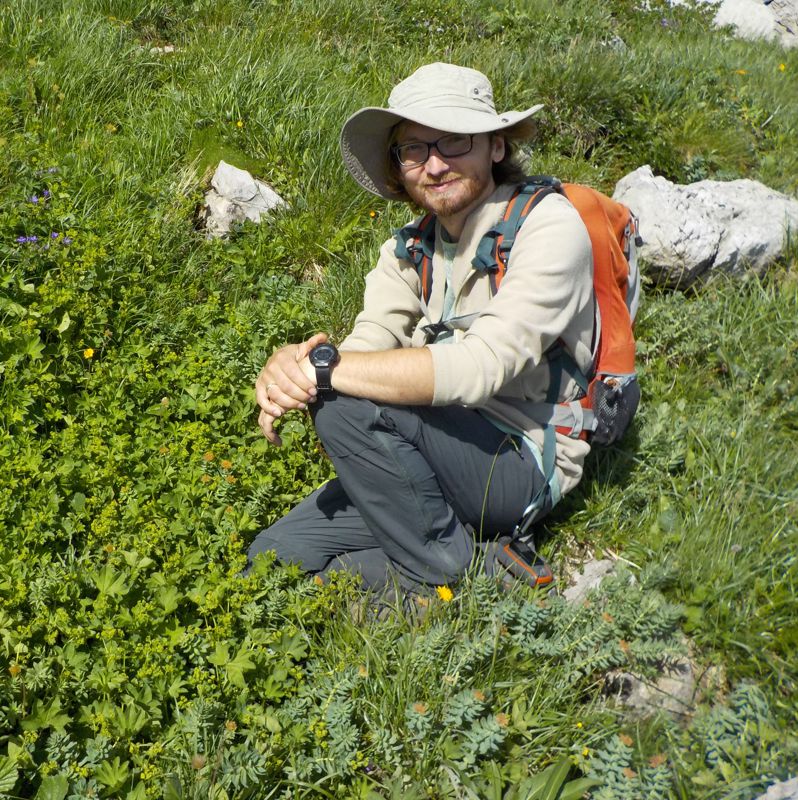Welcome to my website! I'm Kamil Konowalik - a botanist interested in studying the origins of the plant biodiversity on Earth.

Welcome to my website! I'm Kamil Konowalik - a botanist interested in studying the origins of the plant biodiversity on Earth.

I'm a botanist working also in the fields of evolutionary biology and biogeography. I'm especially interested in investigating the causes that lead to the separation of populations and the establishment of new species. This separation is manifested at different levels: morphological, ecological, and/or genetic. This brought me to work on hybridization, polyploidy, systematics, phylogenetics, population genetics, cytogenetics, plant morphology, and species distribution modeling (SDM).
I graduated from the University of Wroclaw (MSc, 2009) and the University of Regensburg (PhD, 2014). Currently, I'm an assistant professor at the University of Environmental and Life Sciences (Wrocław, Poland) where I'm engaged in research and teaching. I established and run a small molecular laboratory there.
I have a lot of experience in many laboratory methods including DNA/PCR-based techniques, cytometry, and cytogenetics. I'm also interested in GIS and scientific illustration.
Until 2022 I was working on the project Phylogeography and hybridization within Carpathian ox-eye daisies (Leucanthemum, Compositae) where I studied Carpathian endemic Leucanthemum rotundifolium and associated taxa using molecular markers and cytogenetics. In my research, I focus mainly on the Asteraceae family, the biggest family of land plants with about 25000 species with an enormous variability.
Privately I live with my family in a small house near Oleśnica where I try to work mainly in the garden and do endless renovations of our century-old house.
Until 2022 I was realizing the project Phylogeography and hybridization within Carpathian ox-eye daisies (Leucanthemum, Compositae) You can see its custom webpage here. The projects in which I participated are listed here:
Research stays :
Other funding:
This is the list of taxa which I'm working with (or plan to work). In fact I often work on other species, especially in the context of GIS and distribution modeling. But for the listed taxa I maintain a collection of DNA samples, extracted either from specimens collected in the field or from the herbarium.
If you would like to help me in my studies or can provide me any material I will be very happy. Specifically if you can provide me seeds and dried material from the above mentioned taxa - especially Leucanthemum, Chrysanthemum s.l., or Chrysanthellum - I will be really grateful. Also for example if you are unsure about the ploidy of your species and you would like to determine it (it is an important characteristic of some morphologically similar species like Leucanthemum vulgare and L. ircutianum) - I can check it for you if you send me seeds or silica dried material. My address is at the bottom of this site.
Since I started to work scientifically, one of my goals was to connect laboratory and fieldwork. Therefore, excursions are an important part of my research because studying plants inherently means that they will not come to me and I need to travel to collect them. I often travel specifically to collect samples, but even on holidays I usually collect some samples for further studies... So far I have been in the following areas:
For the most recent list of publications see my profile on Google Scholar or Research Gate. My publications include:
Others:
Preprints:
PhD supervisor:
Visiting international students:
Master students:
Bachelor students:
Engineering students:
I have been involved in quite a lot of courses. Yearly I have lectures or practical exercises for around 100-200 students. The courses which I taught:
You can find my full CV here in pdf.
E-mail:
Correspondence address:
Kamil Konowalik
Department of Botany and Plant Ecology
Wrocław University of Environmental and Life Sciences
Pl. Grunwaldzki 24a
PL-50-363 Wroclaw, Poland
1st floor, room 113
tel. (+48) 71 320-1616
You can find me on social media and other sites:
